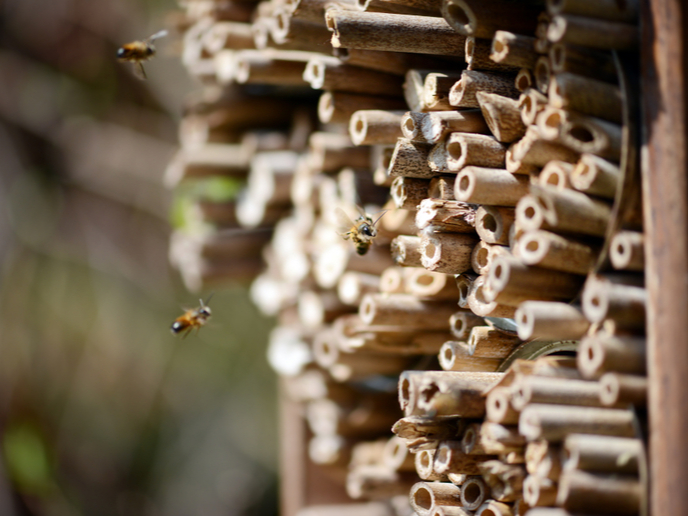A race to save the world’s wild pollinators
The overall picture is complex, and little is known about how these stressors interact, or how to address the drop in biodiversity. The Safeguard (Safeguarding European wild pollinators) project is a 4-year programme which aims to fill in the gaps, compiling all the available data on wild pollinators while carrying out new field experiments to understand the complex interplay of individual drivers of pollinator decline. “As scientists we aim to understand what the causes and consequences of pollinator decline are, and then use this evidence to implement and test interventions to protect and restore pollinator diversity,” says project coordinator Ingolf Steffan-Dewenter. The professor of Animal Ecology at the University of Würzburg in Germany is an avid beekeeper, a hobby which sparked his early passion for pollinators. Interest in this field has increased dramatically in the last two decades, he explains: “When I did my first research on pollinators, the topic was not mainstream. That has changed completely, with the general public, policymakers and businesses all seeking ways to help our wild pollinators.” The EUR 7.9 million project brings together 22 partners from 14 countries across Europe, as well as three institutions in China, underscoring the global interest in tackling the issue. “We are in a critical stage of human disruption to the ecosystem, and we urgently need to reverse this trend,” adds Steffan-Dewenter. As well as building a comprehensive knowledge base on pollinators, Safeguard will carry out field trials to quantify the impacts of different interventions. “A major advantage of an EU project like this is that we can develop common designs, and implement these in different ecosystems and climatic regions, so that we have targeted solutions to global challenges,” he says. The resulting data will be used to predict pollinator responses to untested combinations of pressures and interventions. By the end of the project in 2025, Safeguard will provide a variety of cutting-edge tools and indicators to inform environmental policy at a national, European and global level. “We will work to raise the general awareness of pressing biodiversity issues, and the major challenges we face in our current situation,” concludes Steffan-Dewenter. If you are interested in having your project featured in ‘Project of the Month’ in an upcoming issue, please send us an email to editorial@cordis.europa.eu and tell us why!
Keywords
Safeguard, pollinator, bee, beetle, butterflies, climate, decline, biodiversity, impact, intervention



